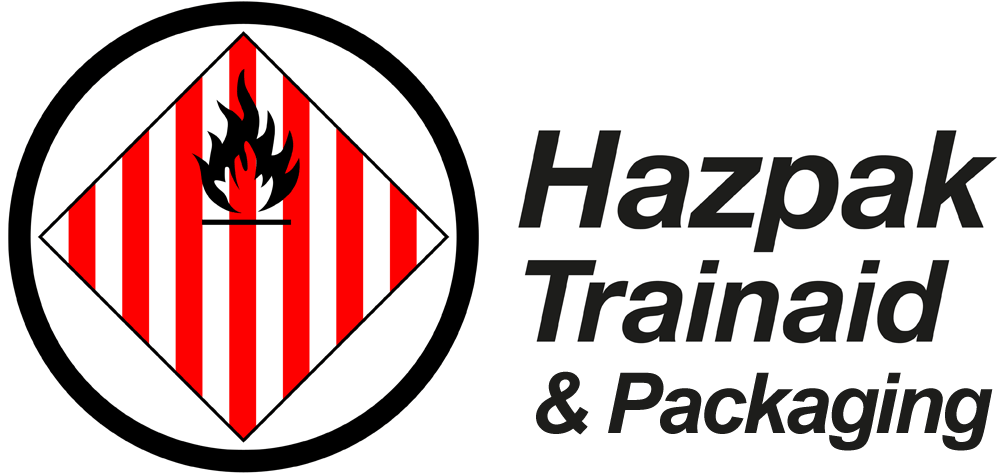Air Transport of Dangerous Goods
As the safe transport of dangerous goods by air is critical, this training programme is presented by our internationally experienced facilitators who have graduated from the IATA Aviation Training and Development Institute and are qualified in the ATDI Professional Skills for DGR Instructors. They have many years of international aviation experience and their attention to detail and ability to make complex rules understandable, enable students to prepare and process critical dangerous goods shipments with efficiency and effectiveness while adhering to regulatory standards.
ICAO, IATA and the CAA require that all categories of staff are to be trained in the dangerous goods regulations. To ensure compliance and legal requirements Hazpak Trainaid together with Flight Safety Training conduct the following SACAA (South African Approved Civil Aviation) approved training courses which are mandatory for:
- Shippers / Exporters
- Freight Forwarders
- Courier Companies
- Ground Handling agents
- Warehouse staff
We also offer a Dangerous Goods Awareness course which has been developed for the following staff. :
- Forwarding agents
- Warehouse staff
- Loading staff
- Admin staff
- Security screening staff
The course has been designed as an awareness course. It identifies hidden hazards applies storage / loading and emergency procedures.
|
Training
|
Durban Facilities
Classes are held at the Hazpak Training Room, and we offer the following:
- Easy access and free, secure parking.
- Comfortable, air-conditioned classrooms.
- Free lunch / beverages for all Delegates.
Individual Attention
The small classes ensure that each participant receives the maximum individual attention from our experienced instructors who also make complex regulations clear and understandable.
In House Training
Our training courses may also be presented to a group of employees at a venue of your choice. The DGR Awareness courses may also be presented on Saturday. This is an effective method in reducing costs and limiting staff “down time”

